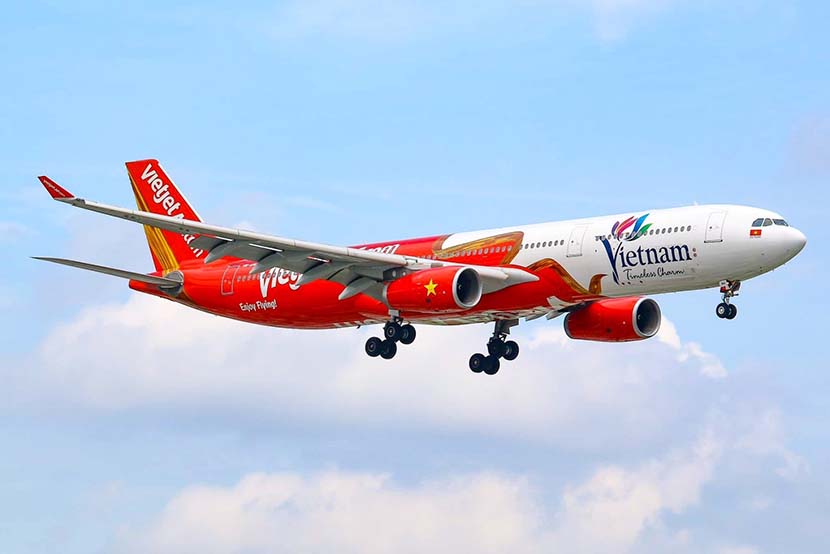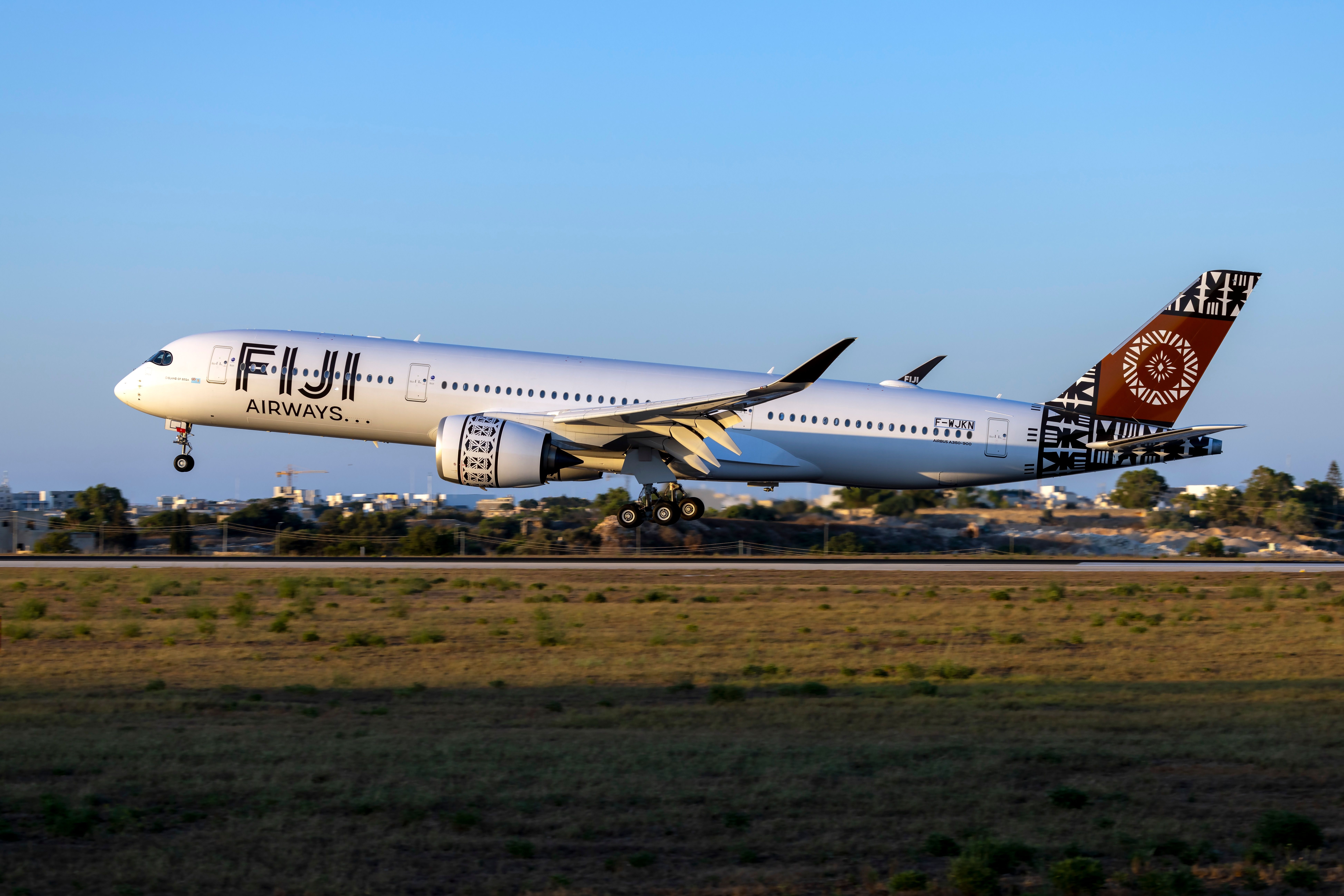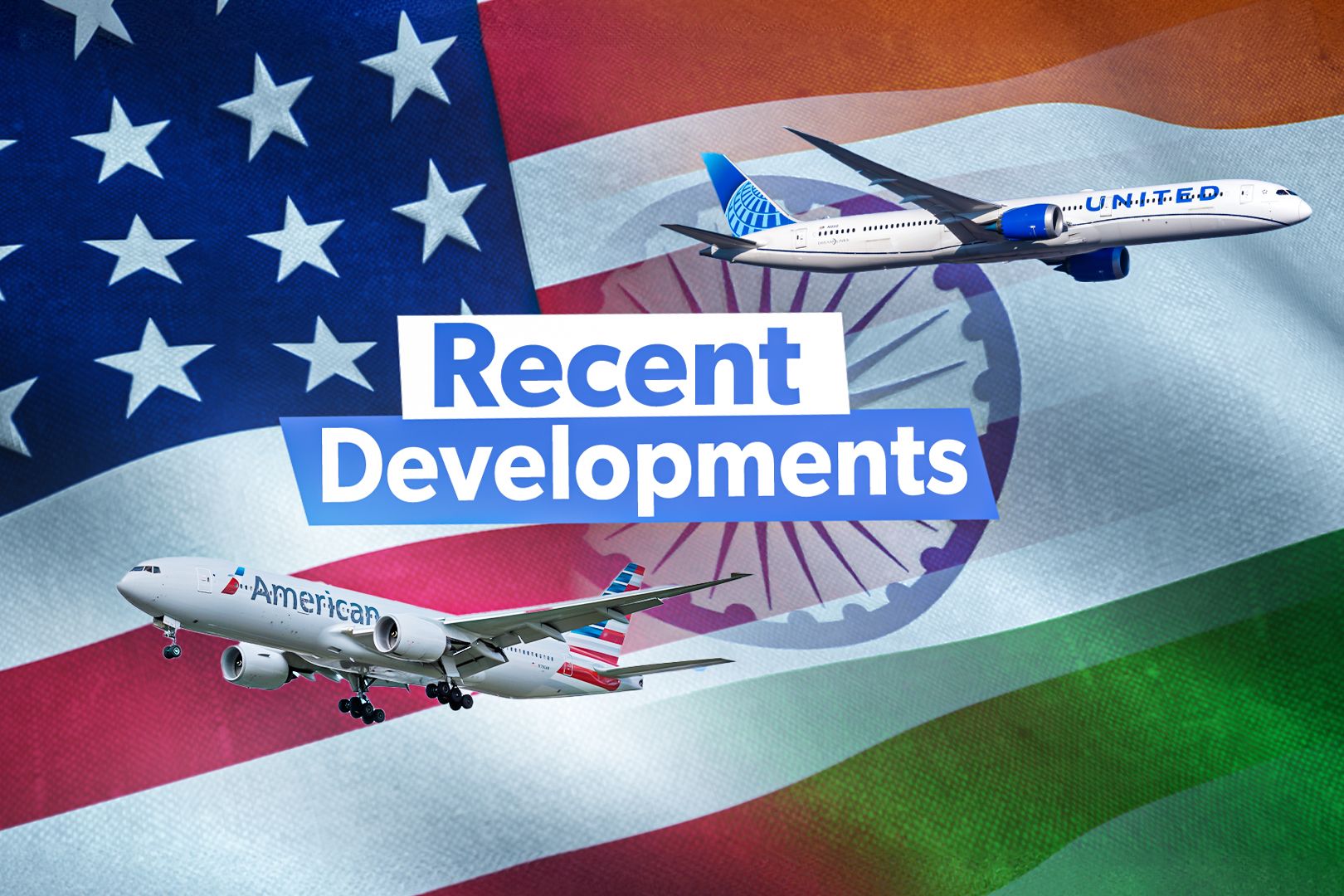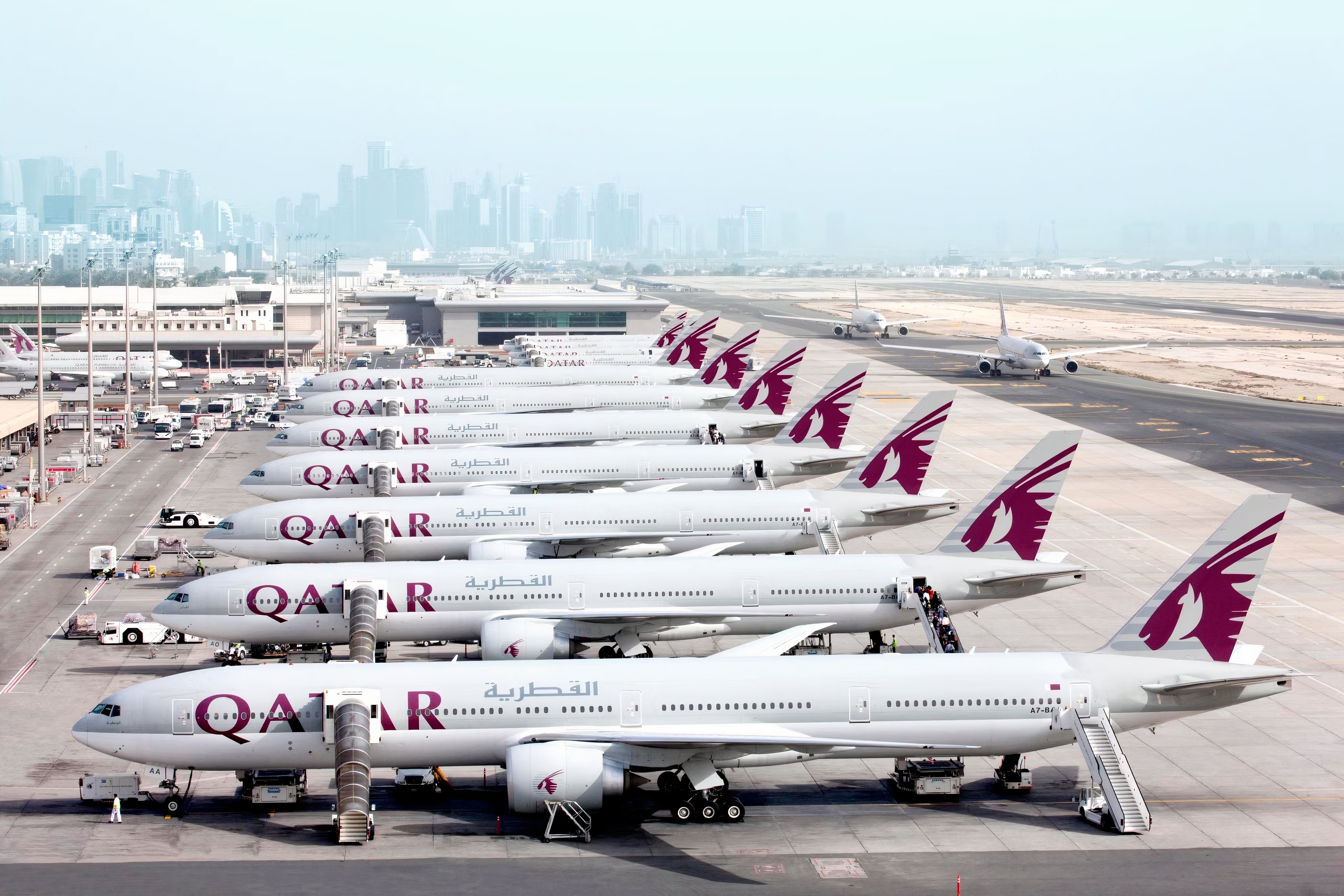Monday, August 19, 2024 Thai Vietjet targets 8 million passengers in 2024, boosting flight frequency and introducing new Boeing 737 Max jets to enhance its fleet and route offerings. Thai Vietjet, a budget airline, is targeting nearly eight million passengers this year by optimizing aircraft utilization and increasing the frequency of flights on current routes. Additionally, the airline plans to introduce new Boeing 737 Max jets next year.
Woranate Laprabang, CEO of Thai Vietjet, emphasized that the visa-free scheme has significantly driven demand on international routes, particularly to China. The airline currently operates flights to over 10 Chinese destinations, both charter and scheduled, accounting for 30% of its total capacity. In the first quarter of this year, Thai Vietjet’s average load factor for China routes reached 90%, and it maintained an 80% load factor during the off-peak season.

Despite a slow Chinese economy, Woranate pointed out that demand from high-spending Chinese tourists remains robust. Thai Vietjet’s fleet consists of Airbus A320 and A321 series aircraft. To meet the high travel demand anticipated in the fourth quarter, the airline plans to lease two additional A320 aircraft through a short-term contract.
Pinyot Pibulsonggram, Thai Vietjet’s head of commercial, noted that the new aircraft would primarily be used to increase flights on existing routes, especially to China and Vietnam, as well as to launch a new route to Mumbai, India. Next year, the airline expects to receive nine to 12 new Boeing 737 Max jets, as part of its five-year strategy to transition from Airbus to Boeing aircraft, according to Pinyot. “Thai Vietjet remains confident in Boeing, despite recent challenges the company has faced.
” The new Boeing jets will enable the airline to operate longer routes, opening up new destinations in China, India, and Japan. Thai Vietjet recently signed a memorandum of understanding with the Chaipattana Foundation to support environmental preservation and sustainability initiatives under the Fly Green Fund Initiative. The airline intends to start offering locally-produced goods backed by the foundation in the fourth quarter.
By 2026, Thai Vietjet aims to have sustainable aviation fuel make up 1% of its total fuel consumption, with a target of increasing this to 5% by 2030. This initiative is expected to reduce carbon emissions by around 153,000 tonnes over five years..



















